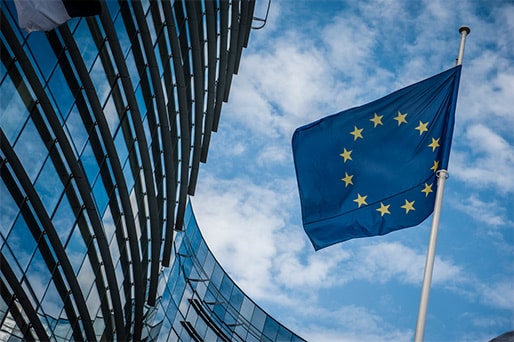Not to be confused with the much delayed Unitary Patent, the European Patent system provides companies with an important structure for protecting and exploiting inventions in Europe. However, certain requirements must be met if patent holders are to make best use of the system.
Unlike the European Union Trade Mark (EUTM), which protects trademarks across the European Union on registration, a European Patent (EP) does not automatically deliver Europe-wide protection on grant. Instead, an EP patent application will be filed first at the European Patent Office (EPO, and then, after the EPO has granted the European patent, it is extended to other signatory countries via the EP validation process.
Valet Patent Services, LLP offers a low cost, highly efficient and centralized European patents validation service. With us, you have a single point of contact to manage your European patent validation in each of 38 EP member states. We offer a significantly lower cost service than other providers. Send us an email to mail@valetpatentdev.wpengine.com for a locked-in quote.
Core requirements: language translation, address for service and payment of fees
The EP validation process is subject to a number of important requirements and deadlines. In particular, companies seeking to validate their EP rights need to do so within three months of first grant and, depending on the country in question, adhere to certain translation requirements.
Group 1 – no translation requirements Signatory countries that share an official language with the European Patent Office (English, French or German) no longer require the EP to be translated into their national language. This applies to: France, Germany, Ireland, Luxembourg, Monaco, Switzerland/Liechtenstein and the UK.
Group 2 – claim translation only All other signatory countries require the claims to be translated into their national languages as part of the validation process. Some of these countries also require a description in English.
Group 3 – full translation required Non-signatory countries to continue to require a full translation of the patent into their national language.
In addition to translation requirements, there are a number of countries that require a local address for service or appointment of a local patent attorney. Often, there are validation fees to be paid.
At Valet Patent Services, LLP, we handle all of these requirements in each country. You will receive a single invoice for the entire European patent validation project. Send us an email to mail@valetpatentdev.wpengine.com for a locked in quote for your next European patent validation project.
Getting the translation right
Companies seeking to validate their patents in countries requiring claim or full translation need access to specialized translators with the deep industry and scientific knowledge necessary to provide patent translations in their technical field. For this reason, it’s important to work with an IP adviser who can match you to the right translator for your industry sector and specific needs. This can help to ensure that translations are faithful to the original text, and requirements of the designated countries.
At Valet Patent Services, LLP, we only work with mother tongue translators who have the requisite technical qualifications in your field. Send us an email to mail@valetpatentdev.wpengine.com for a locked-in quote for your next European patent validation project.
Focusing on the most appropriate markets
It’s not necessary to validate patents in every signatory state; instead, companies should favor core distribution, transportation and/or manufacturing markets when validating their EP rights. For advice in this regard, please email us at mail@valetpatentdev.wpengine.com.
